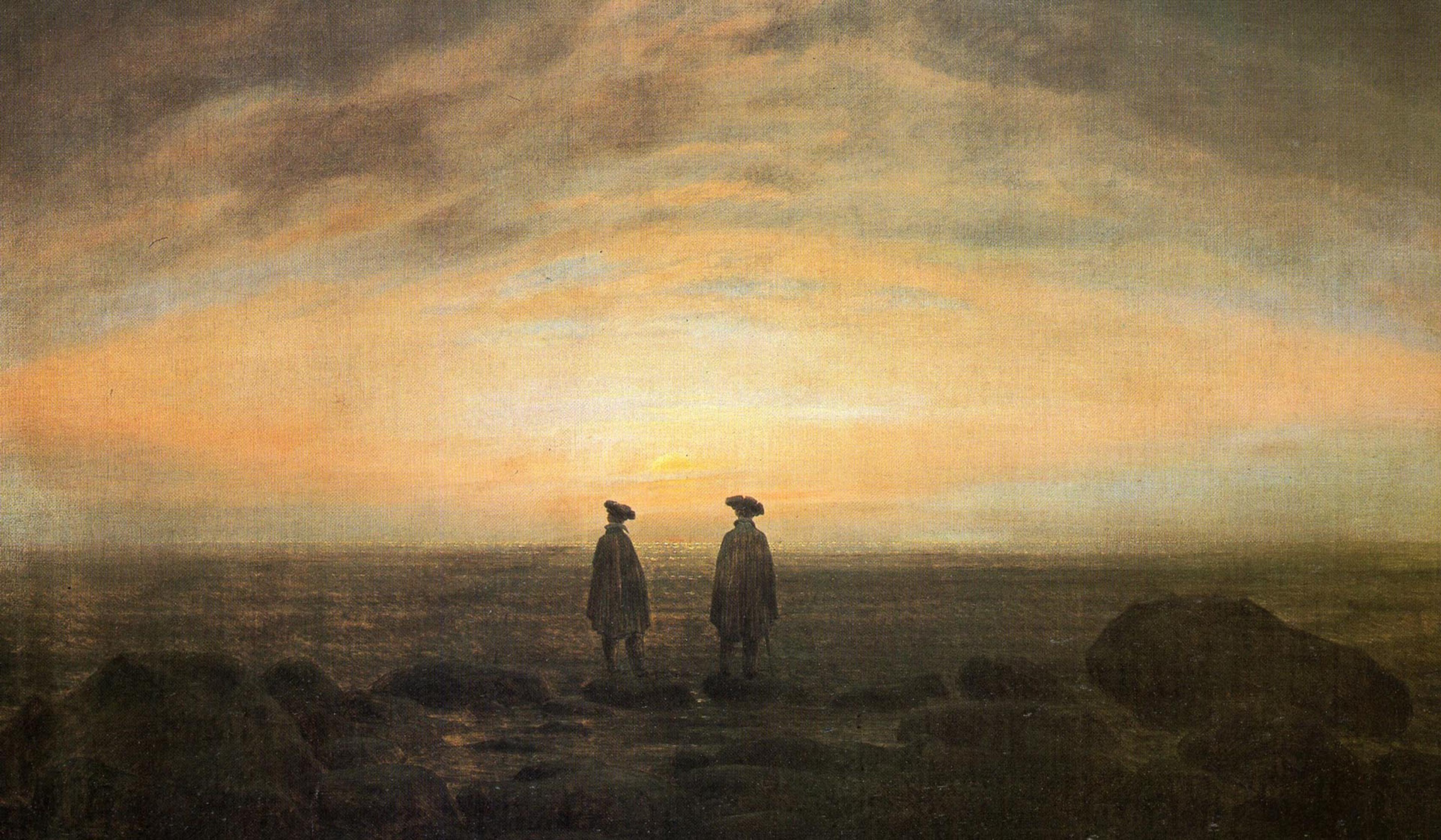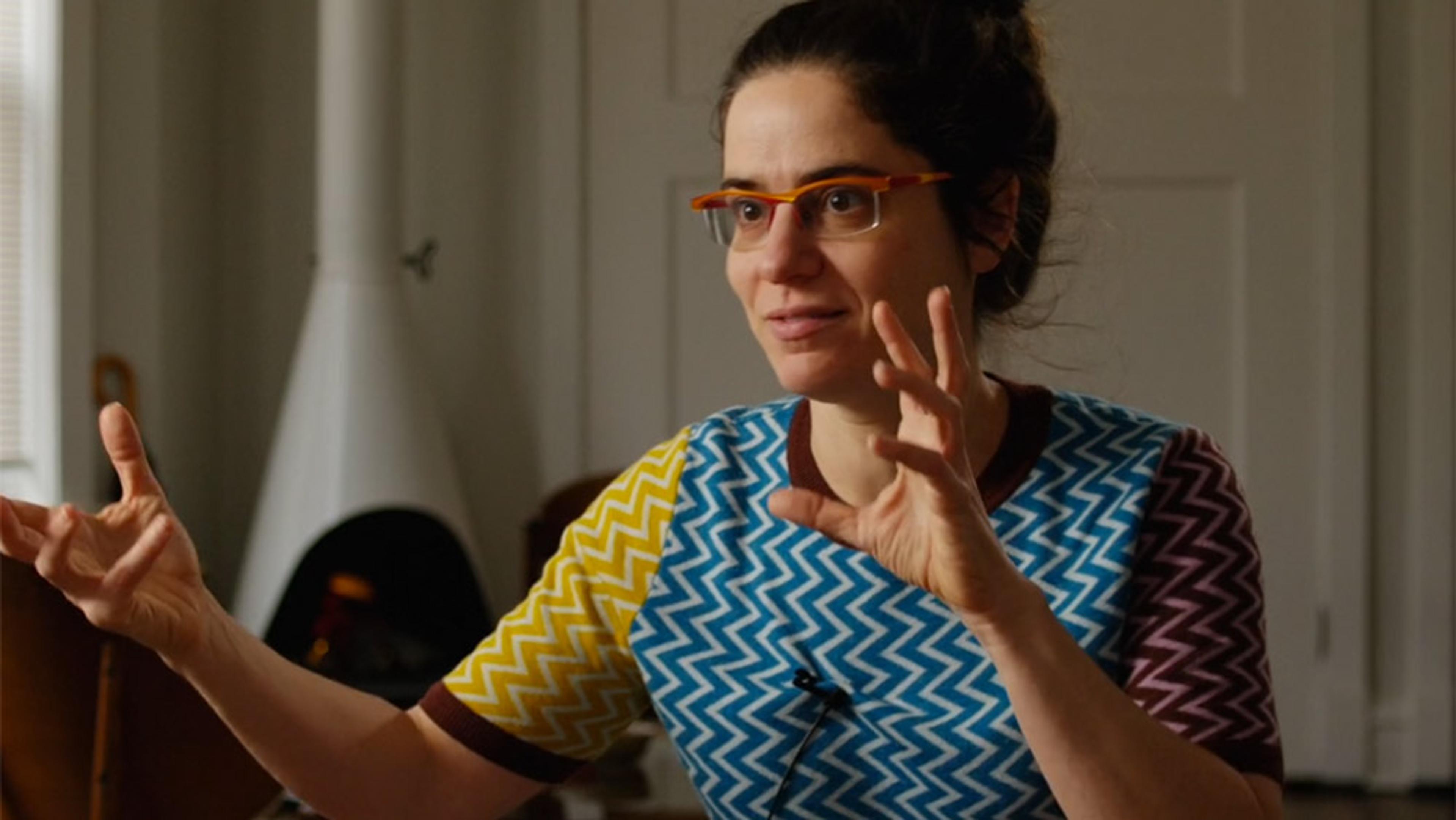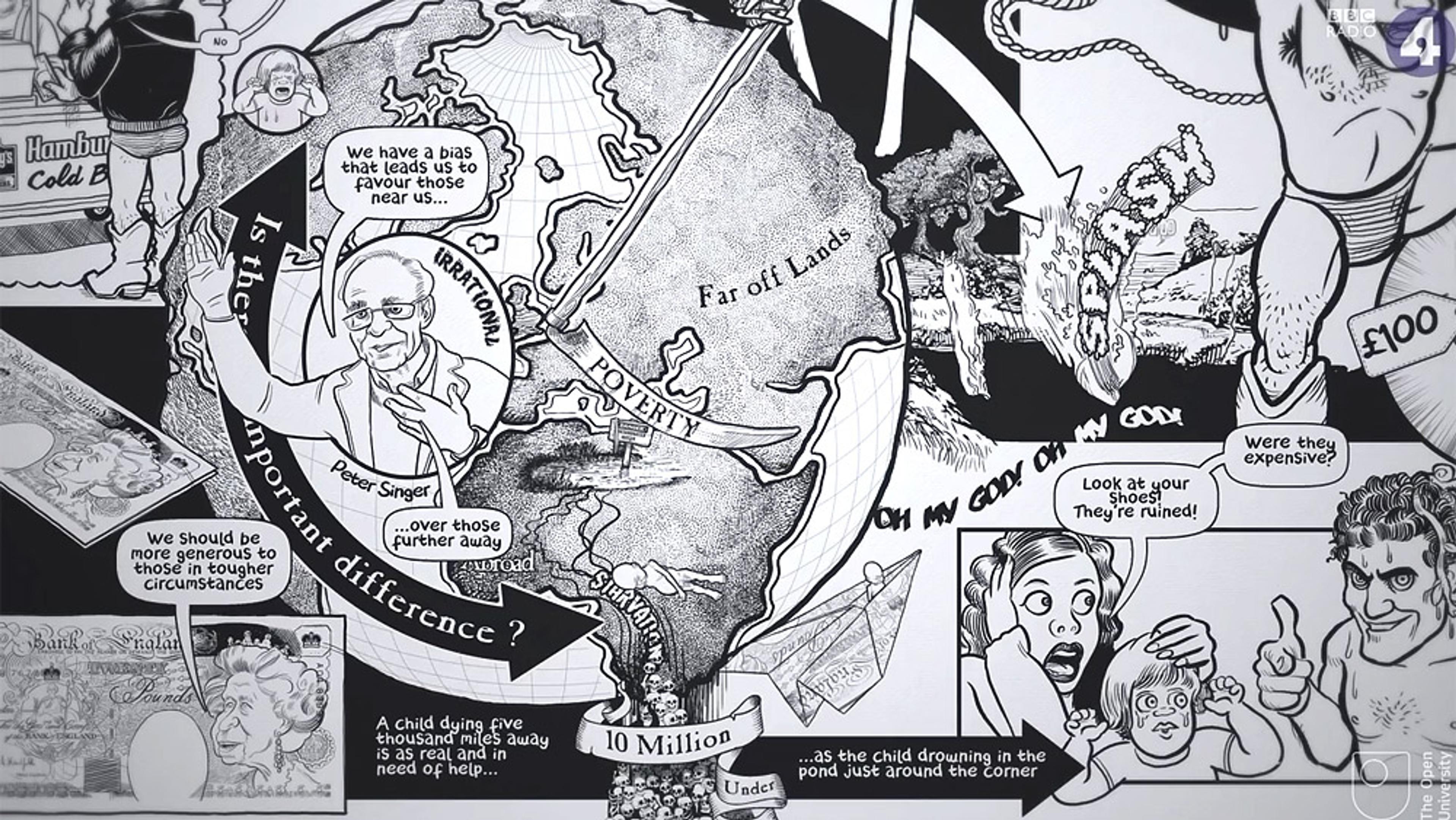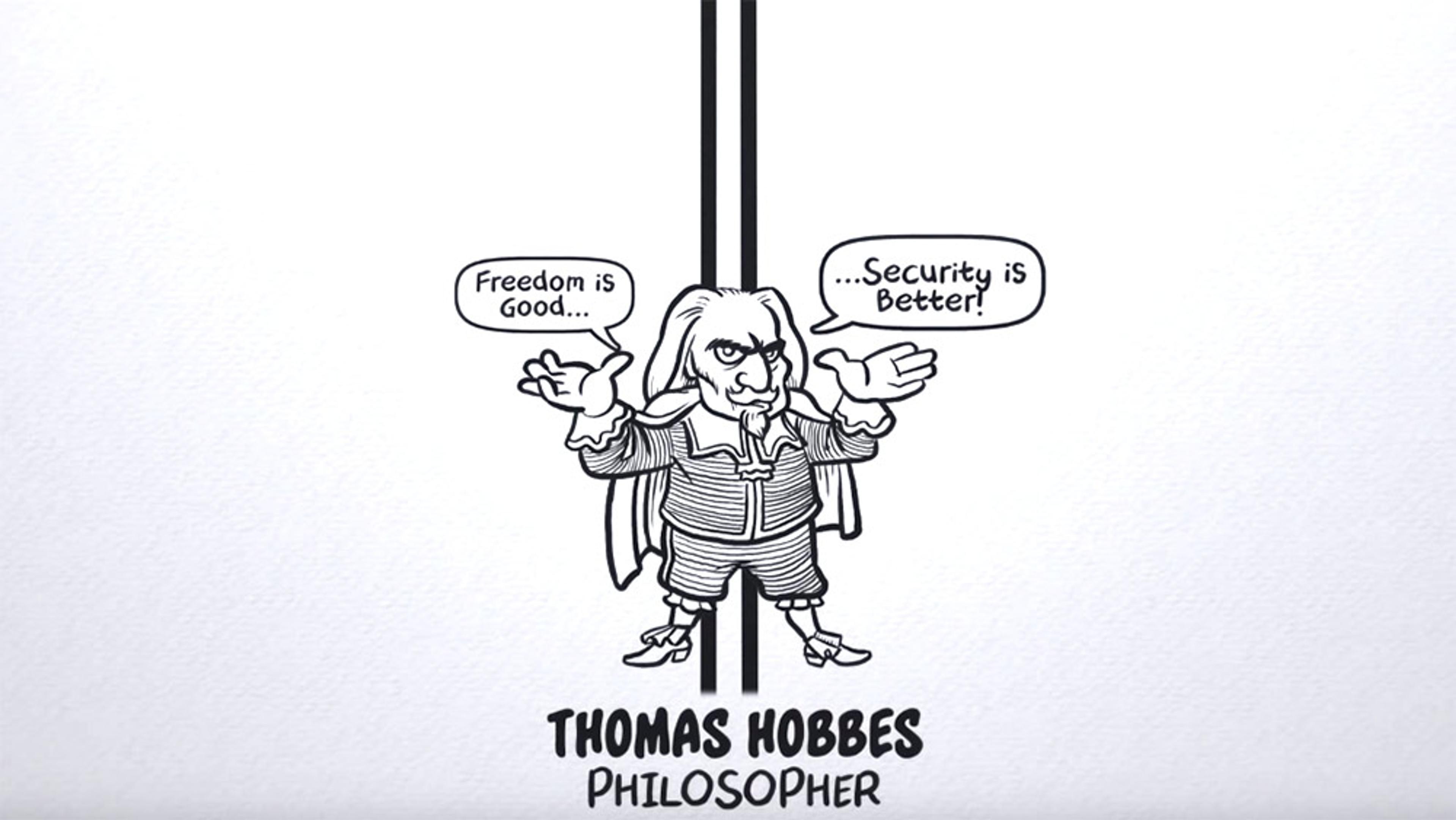Before the Industrial Age, Western concepts of ‘responsibility’ often evoked a duty to others, particularly those in greatest need. Over the past two centuries, however, the word has come to connote the more inward-looking framework of ‘individual responsibility’, often deployed as an argument against the moral and social necessity of welfare structures. Carefully piecing together a vast range of sources and scenes in this video essay, the English YouTuber Lewis Waller attempts to trace how the idea of ‘responsibility’ became inverted. In doing so, he makes an argument for a more expansive understanding of individual responsibility that encompasses personal development as well as mutual obligation.
Courtesy US National Archives
How did ‘personal responsibility’ evolve into its opposite, ‘everyone for themselves’?
Video by Then & Now
16 September 2021

videoCosmopolitanism
Is the introspection of self-help and therapy hurting our ability to empathise?
10 minutes

videoEthics
For Iris Murdoch, selfishness is a fault that can be solved by reframing the world
6 minutes

videoHistory of ideas
What can the Romantics teach us about confronting modern problems?
20 minutes

videoHistory of ideas
The self is not always selfish: Mary Midgley takes on Richard Dawkins
28 minutes

videoVirtues and vices
Why Jean-Jacques Rousseau and Adam Smith were divided on the virtues of vanity
5 minutes

videoValues and beliefs
How the philosophical paradox of aspiration is resolved by a new theory of self-creation
31 minutes


